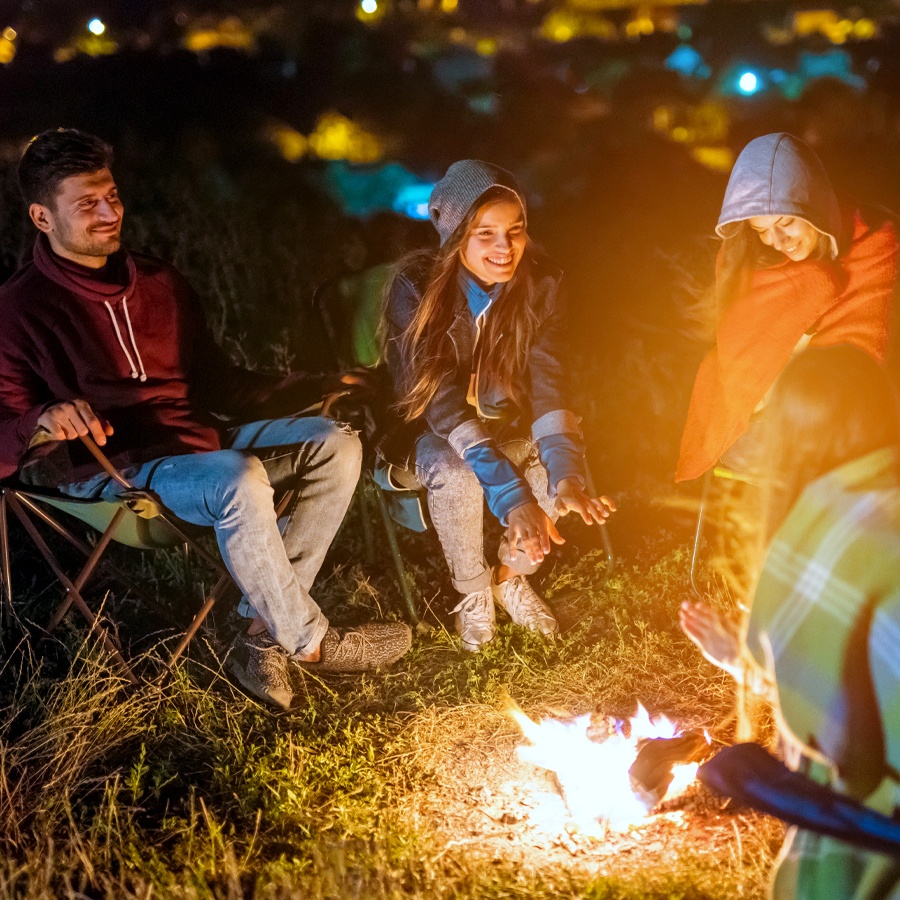
18 Feb Banding Together After Tragedy
- Copy Link
Banding Together After Tragedy.
Shlichut at URJ Camp Coleman involves coming together and embracing Jewish pluralism, especially in the wake of disaster.
When something happens that affects the community in [Camp Coleman], it affects me as if I were there.

Each summer, The Jewish Agency sends its North American Summer Camp Shlichim to Jewish summer camps across the continent to represent Israel. Shlichim (emissaries) are integrated into all aspects of camp life and programming in their assigned camp settings.
In the summer of 2018, a total of 1,360 specialists, counselors, and educators were dispatched to North America for the camp season, where they reached more than 10,000 American-Jewish camp counselors and tens of thousands of campers.
For Hanoch Greenberg, Director of Operations for The Jewish Agency’s Summer Camp Shlichim program, each summer at the Reform movement’s Camp Coleman in Georgia is a formative experience that has enabled him to embrace Jewish pluralism.
“Camp Coleman has been my home during the summer for the last 17 years, and when something happens that affects the community in the camp, it affects me as if I were there,” says Hanoch, who serves as a specialist supervisor and the “ambassador of fun” at Camp Coleman. “My relationship with the Shlichim in the U.S. led us to act, and to think about how to immediately connect with the camp community after the tragedy, and to take care of them.”
“I came from a religious Orthodox family, and joining a Reform camp seemed like the most distant thing to do as an Orthodox Jew,” he says. “I initially did not want to work at a Reform camp because it was something that was not done in my family, it was not acceptable. I grew up in a home that was totally unfamiliar with the world of Reform Judaism.”
Yet at Camp Coleman, Hanoch says, he “discovered a facet of Judaism that I was not exposed to, such as egalitarian prayer for men and women, pluralistic prayers and cultural aspects of the prayers, and Reform communal life that I was not aware of. I started to understand that I was becoming part of the entire Jewish community.”
In 2012, for Camp Coleman’s 50th anniversary, Hanoch organized a celebration that gathered 150 Shlichim who had worked at the camp during the last 20 years.
“I feel that the camp has become my home,” he says. Thanks to his experience at Camp Coleman, Hanoch has also incorporated Jewish pluralism into his life back home in Israel during the rest of the year.
“In my search for communal life in Israel, I found a Reform congregation in Netanya which I connected to with all my soul,” he says.
